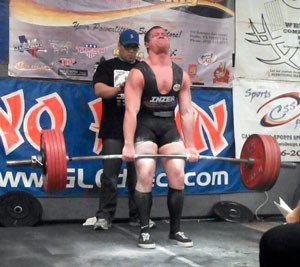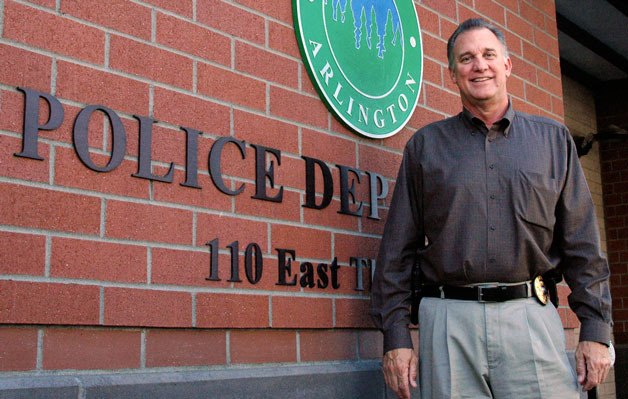ARLINGTON — A local card house will soon be paying lower taxes after it submitted a formal request to the City Council.
On Monday, Oct. 5, the Arlington City Council passed an ordinance that will drop the current tax rate imposed on social card gaming businesses by 50 percent.
Before the change, businesses that fell into that category had to pay additional gambling taxes beyond standard taxes, such as sales tax and liquor tax.
The state-mandated social card gaming tax, which the Council originally approved in 2006, was set at 12 percent. Cities can set their own tax rate for social card businesses, but must not exceed 20 percent, according to city officials.
The new ordinance will set the tax at 6 percent, and increase that rate by 1 percent every year starting on Dec. 31, 2011 until Jan. 1, 2017 when it is capped at 12 percent.
The city’s previous 12 percent rate was slated to increase by 2 percent each year until being capped at 20 percent in 2012.
The ordinance comes after co-owners of Aces Casino and Sports Bar in Arlington submitted a formal request in September to the Council for the tax break on their business.
In the statement, owners Bill Tackitt and Delores Robinson said the Council had an opportunity to save 83 jobs in the community by lowering the rate, suggesting that the business would fail if the current tax rate continued to climb.
During the Oct. 5 meeting, Councilman Scott Solla asked city officials whether lowering the rate would guarantee the success of the business.
“It certainly does help, but the success of the business is dependent on a lot of factors,” assistant city administrator Kristin Banfield said.
Solla said that passing the ordinance could look like it was favoring one specific business, since Aces Casino and Sports Bar would likely be the only business affected by the tax reduction.
“I have a little issue with having the city subsidize one entity when we have other businesses who would love us to cut taxes or subsidize them,” Solla said.
Council members Dick Butner and Marilyn Oertle disagreed with Solla, and said that they did not have a problem with the lower tax rate.
“I think it’s a win-win situation for both sides,” Butner said.
Councilman Chris Raezer said that the loss in tax revenue from the business closing would have a larger impact on the city than losing a portion of tax dollars.
Revenue from the tax must be used to fund law enforcement within the city, Banfield said.
The Council approved the ordinance 6-1, with Solla providing the dissenting vote.
Tackitt said after the meeting that he was glad that his business would getting a tax reduction.
“At least we got an opportunity to move forward,” Tackitt said.
The lower tax rate goes into effect immediately.






